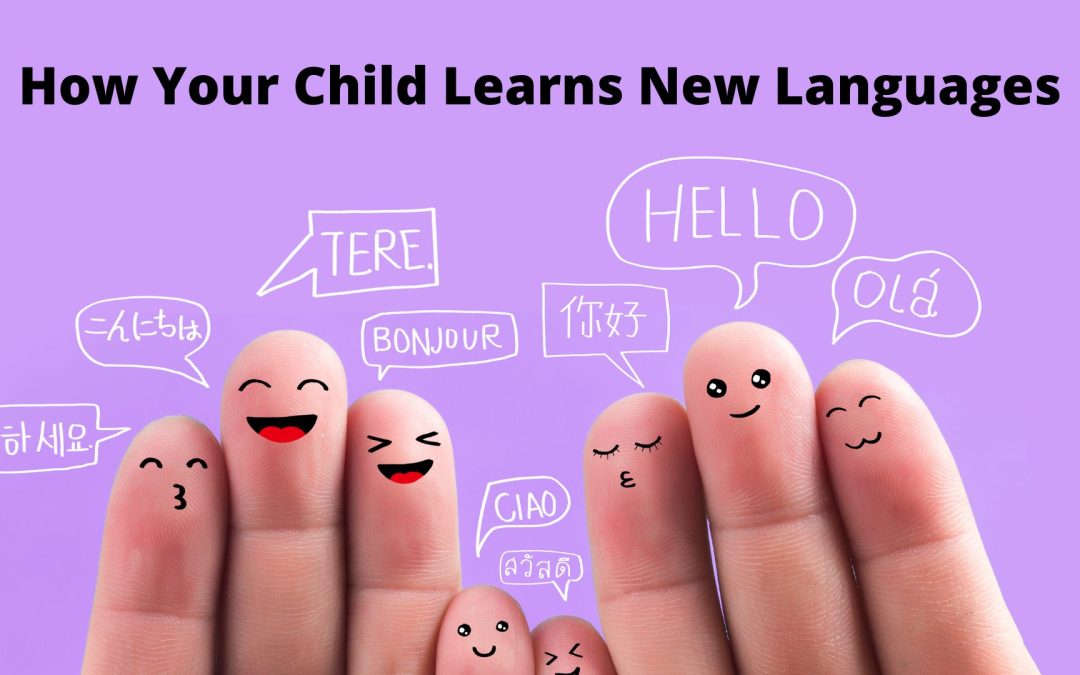You are most likely amazed by how well your children learn and build upon their capabilities. Kids are like sponges when they’re growing, and it’s easier for them to learn new ideas, languages, and social skills at an earlier age. But how do you best support them in learning an additional language?
Second Languages
Children are constantly learning, even from the moment of birth. Babies learn communication from hearing others talking to them, and these language skills develop as they grow up. If you’re wanting your child to learn a second language, it’s best to ensure they’ve grasped and fully understood their native language. Once your child has a good understanding of their first language, then introducing a second language will be easier to start learning. Sometimes children will learn two languages side by side, depending on how fast they learn and adapt to new curriculum.
Encouragement All the Way
A child will most likely utilize their second language more often when there’s involvement from you. Whether you speak the second language or not, you can encourage your child to use it often whenever they choose. Children can easily think learning other languages are too difficult, aren’t for them, or even get ridiculed or bullied at school for any number of reasons. Giving your child encouragement and reasons to use their newfound language will help build a better understanding of the language’s applications and uses in the real world. It will also give them a deeper appreciation of the language and why it’s important to learn it.
Tips and Tricks
Using multiple tools to help your child learn their second language will make the process fun and more engaging. Help them learn the language through speaking exercises, singing, dancing, reading, and playing while learning. You can also use flash cards, workbooks, and other multimedia tools to help them gain a better understanding while also enjoying the learning process. Females will most likely learn languages at a faster and younger age than males. But if your child is learning slower or at a different pace than the typical, don’t worry. Everyone learns at a different speed and shouldn’t feel inferior (or for that matter, superior) to anyone else on the learning scale.
No matter how your child learns, make the process fun and as engaging as possible. Learning a second language will most likely come easy to your child, and make education and learning a fun process for everyone!
Katie Kyzivat

